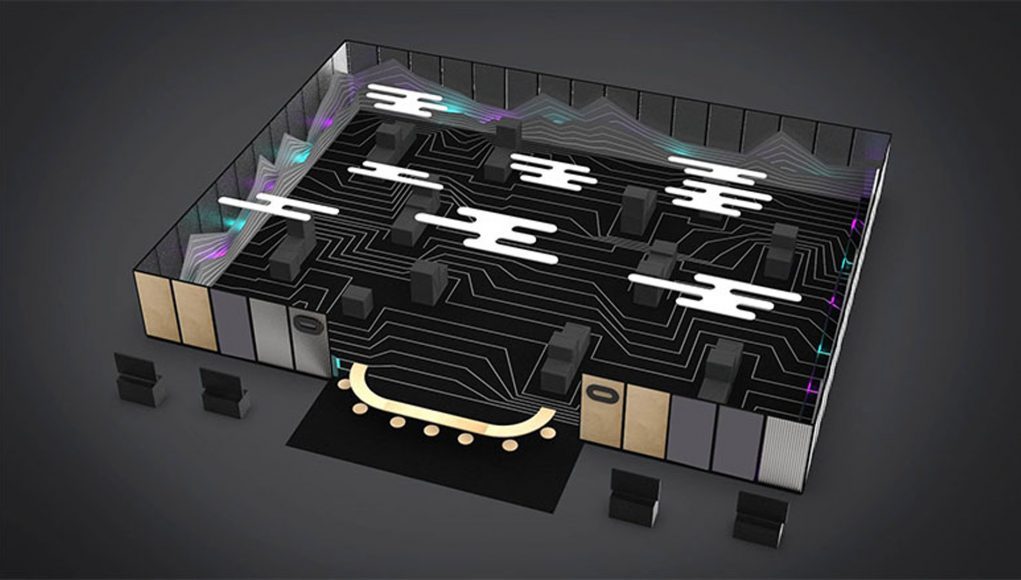Oculus published a job listing recently that could mean the company is finally looking to enter the VR arcade space. The listing, which calls for a ‘Producer of location based entertainment’, is tasked with building and curating a “portfolio of location based experiences in collaboration with LBE (Location Based Experience) stakeholders at Oculus.”
As first reported by Variety, the listing holds that candidates must “source content from potential LBE partners,” “develop relationships with best-in-class LBE partners and developers,” and “negotiate developer deals,” which could see Oculus-approved VR content make its way into VR arcades.
The listing is no longer available on either Facebook or Oculus’ career page, although a cached version is available, pointing to the likelihood that the job has been recently filled.
What’s more, at Oculus Connect last month the company showed off a multiplayer version of Dead and Buried which allowed up to eight participants to shoot it out in a wild west-style gunfight wearing Oculus Quest, the upcoming high-end standalone headset. The prototype game, which played out in a large area included with physical barriers to match its VR environment, was developed in-house at Oculus Studios, and not by Dead and Buried developers Gunfire Games.

Although Oculus hasn’t specifically couched Quest as a business-class device just yet, the standalone headset presents a fairly compelling use-case for VR arcades looking to lower start-up costs with the $400 ‘all-in’ device, which includes the both on-board compute power and optical “arena scale” tracking. Two optically-tracked controllers, dubbed ‘Touch’, allow for basic Rift-like functionality at a fraction of the cost.
Oculus hasn’t announced specific plans to get into the VR arcade space yet, although Oculus Head of Experiences Colum Slevin held a talk at Connect, giving location-based experiences a vote of confidence.
“We love the idea of an audience being able to go to a destination, and have an experience, and love that experience and continue that adventure at home,” Slevin said. “This is something we are working really closely with a number of partners on, how we can tie a location-based experience to an in-home experience.”
As a precedent, Oculus-funded games have without exception stayed exclusive to the company’s software platform, which doesn’t offer native support for HTC Vive or HTC Vive Pro. If Oculus intends on following that precedent, it stands to reason that arcades would need to be outfitted with Oculus brand headsets—a move that could offer strong competition to HTC.
HTC has been very active in promoting both its partner location-based facilities such as the popular VR Zone arcade as well as its Viveport Arcade platform that allows “turn key” access to hundreds of VR games and experiences for arcade owners. The company has also recently partnered with Virtual Reality League to organize a VR arcade-focused eSports gaming league that would focus on organizing city-based teams using VR arcades as a home base for competition across a global network of arcades.







